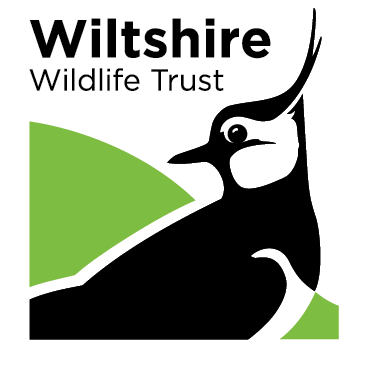Wiltshire Wildlife Trust is currently managing suspected cases of Avian Influenza (Bird Flu) at our Lower Moor Farm reserve.
How you can help
While the risk of transmission to humans is very low, we are asking our visitors to follow these precautions to protect our wildlife and the community:
- Do not touch any dead or visibly sick birds.
- Keep your distance from the water’s edge and all wild birds.
- Keep dogs on short leads at all times to prevent them from approaching birds or contaminated areas.
- Do not feed the birds - feeding encourages birds to congregate in large groups, which significantly increases the risk of the virus spreading through direct contact.
If you find deceased or suspected diseased wild birds at any of our sites, please do not handle them. Report them immediately via the following channels:
- Directly to the Trust: Please also email reserves@wiltshirewildlife.org with a photo to assist our team with retrieval.
If you find deceased or suspected diseased birds not at our sites you can contact DEFRA.
- Online: gov.uk/guidance/report-dead-wild-birds
- DEFRA Helpline: 03459 33 55 77
Thank you for your co-operation in helping us protect Wiltshire’s wildlife.
We would like to thank visitors and supporters for their continued support. We are monitoring the situation and will provide updates here in real-time.
